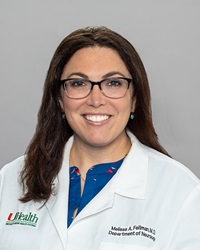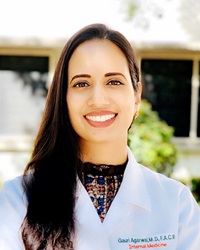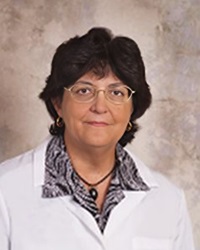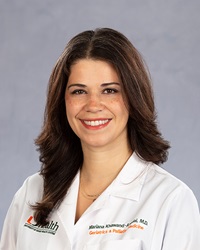Director: Dr. Melissa Fellman
Description: This pathway includes an integrated curriculum that enhances the study of clinical medicine by providing educational experiences in a variety of ethics and humanities-related interests including music, art, history, anthropology, literature, religious studies, philosophy, film and theater, as they relate to the medical profession. For centuries, medicine has been known as a learned profession. Physicians have been celebrated not just for their clinical prowess or scientific expertise, but also for their work as writers, artists, musicians, theologians, philosophers, historians, and political advocates. While relatively few physicians have gained fame in such areas, historically all physicians have been expected to participate in appreciating these activities—a well-respected physician appreciates the humanities and might attend the opera, appreciate poetry, discuss ethical questions thoughtfully, and participate in community leadership. Such engagement has long been considered critical to professional development of every physician; it demonstrates that a practitioner truly appreciates the privilege of participating in the most intimate matters of life and death.
Although such expectations dwindled by the middle of the 20th century, lately there has been a reemergence of interest in professionalism. Medical organizations have promulgated charters of professionalism, and both undergraduate and graduate medical educators have incorporated educational outcomes in ethics and professionalism. Indeed, as medicine has become increasingly a matter of cost containment and consumer satisfaction, there has been a yearning among physicians and patients for a return to a golden age of medicine, when physicians practiced the art of medicine and patients were neighbors and friends rather than consumers of health care. The Association of American Medical Colleges (AAMC) is currently working on a monograph that will include a statement of need and a commitment to integrate the humanities and arts in medical education.
For this pathway, we define ethics/humanities (E/H) broadly to include any discipline or experience in the humanities that has been historically linked to the practice of medicine by practitioners or scholars: music, art, history, anthropology, literature, religious studies, and philosophy are examples. By agreement with the Pathway in Social Medicine, students particularly interested in health policy, epidemiology, sociology, public health, and international health experiences should pursue that pathway. We do see overlap (and occasional co-programming) with the Social Medicine Pathway, and we would not discourage E/H Pathway students whose work led them to focus on policy issues. Indeed, all student projects in the E/H Pathway should be relevant to current issues in medicine, but the methods used will fit in the category traditionally defined as the humanities. “Ethics” is part of the title of the E/H Pathway because ethics is the most readily identifiable aspect of the overlap between the humanities and medicine, and at this point is the most developed field of the humanities associated with the medical school.
Click here to learn more about the Ethics, Humanities, and Health Law Pathway.
2025 Scholarly Concentration Application Resources
- Application (Due November 9, 2025 at 11:59 pm)
- NIH Sample*
- NIH Blank Template
*Attach your CV to the application using the required NIH format.
-
Faculty
-
Non-Miller Faculty









